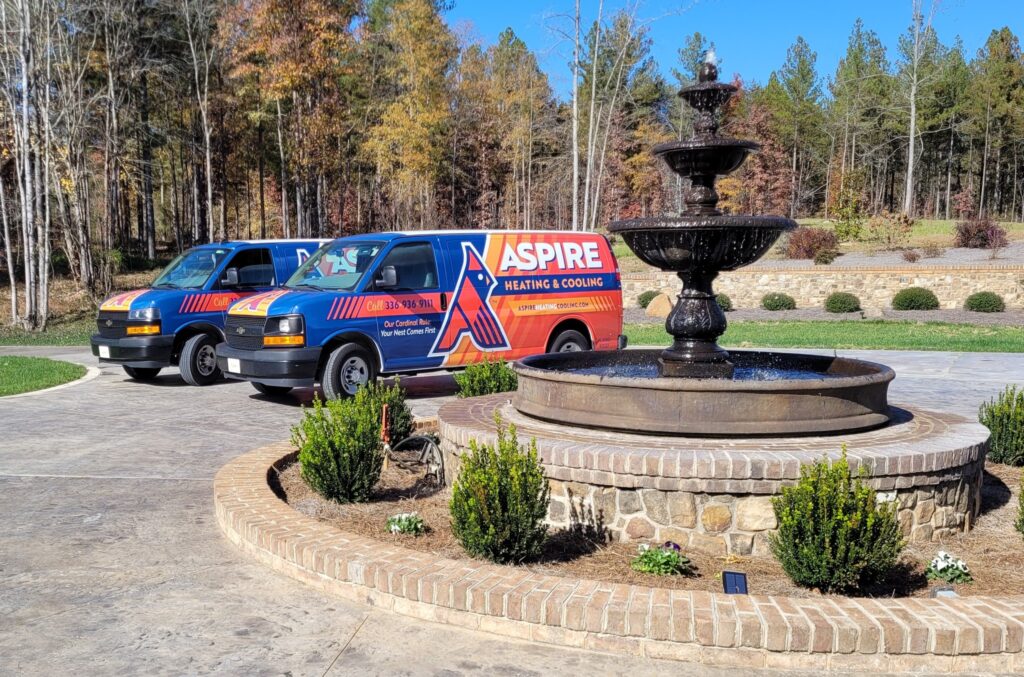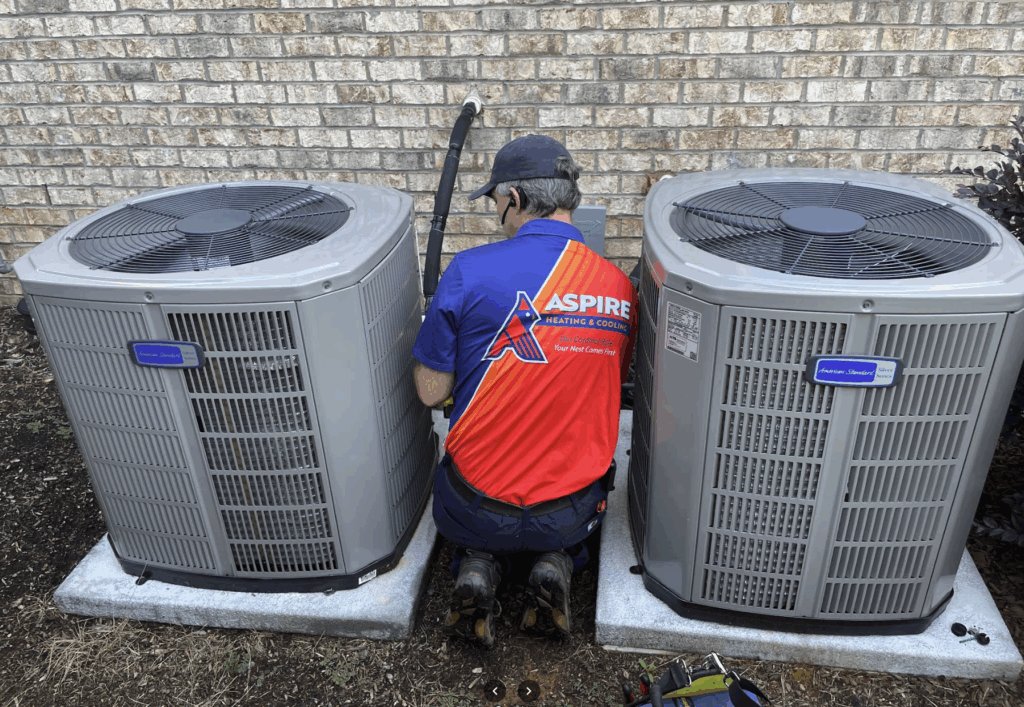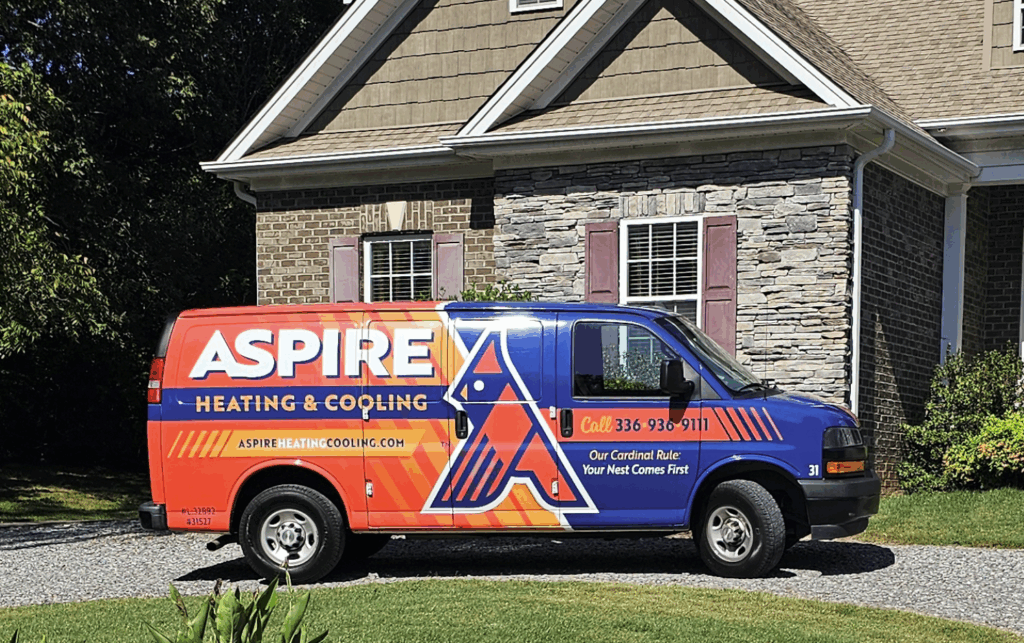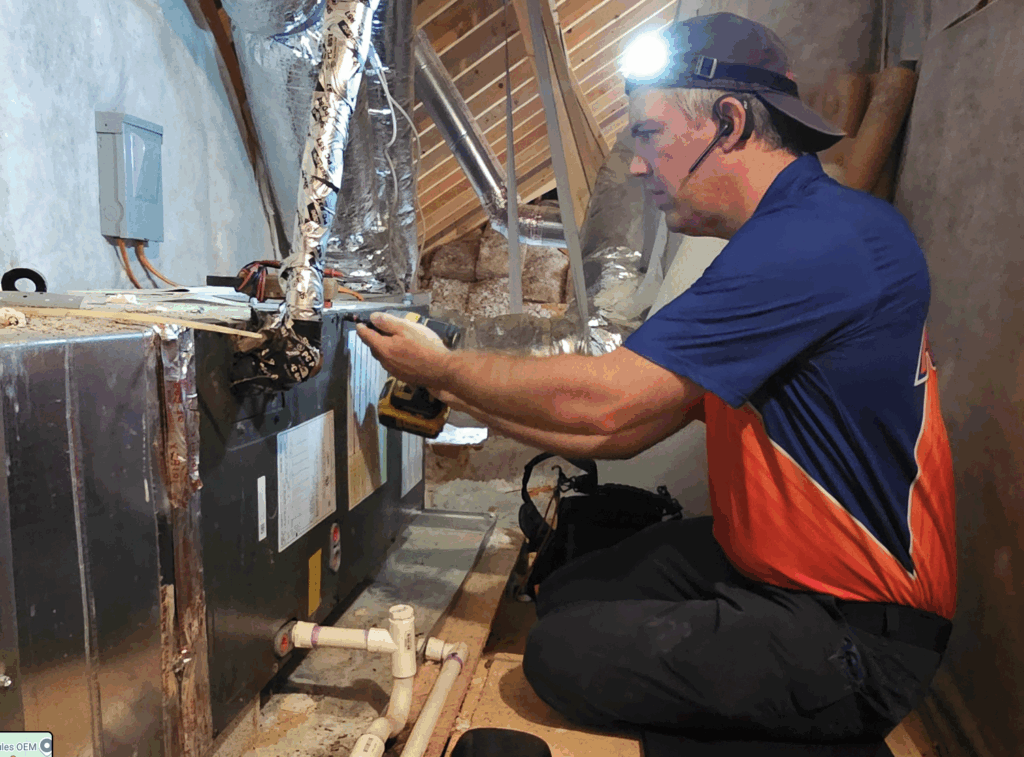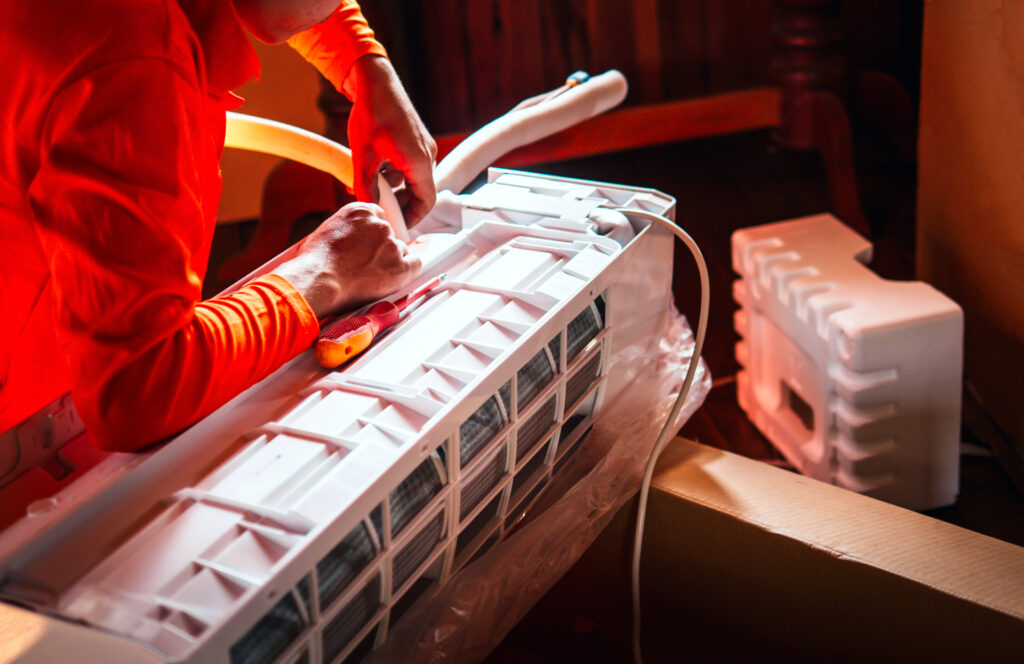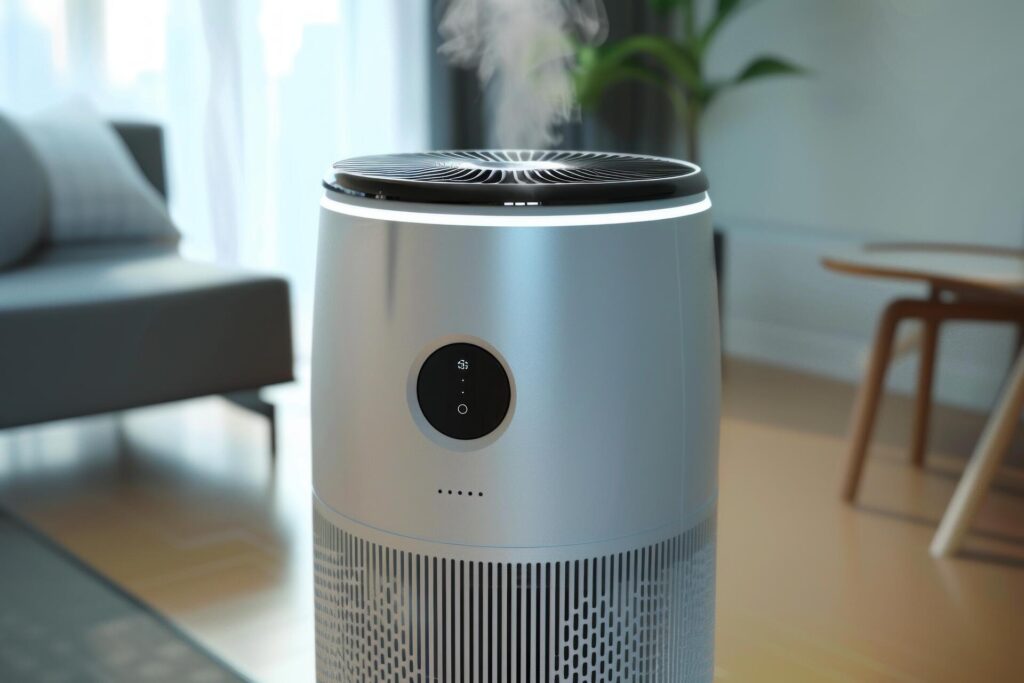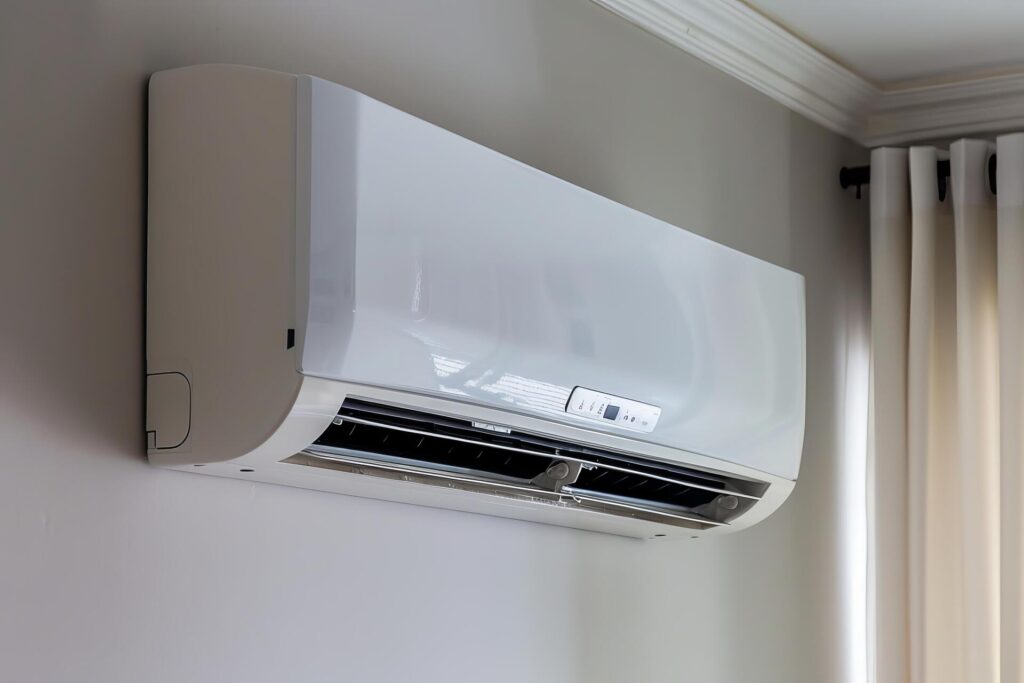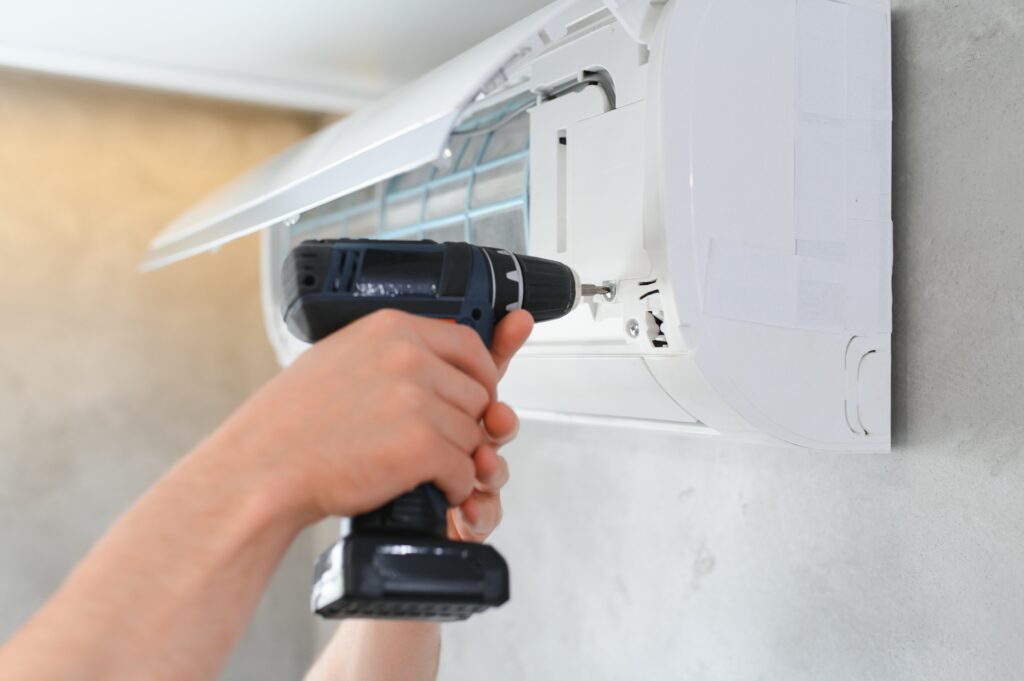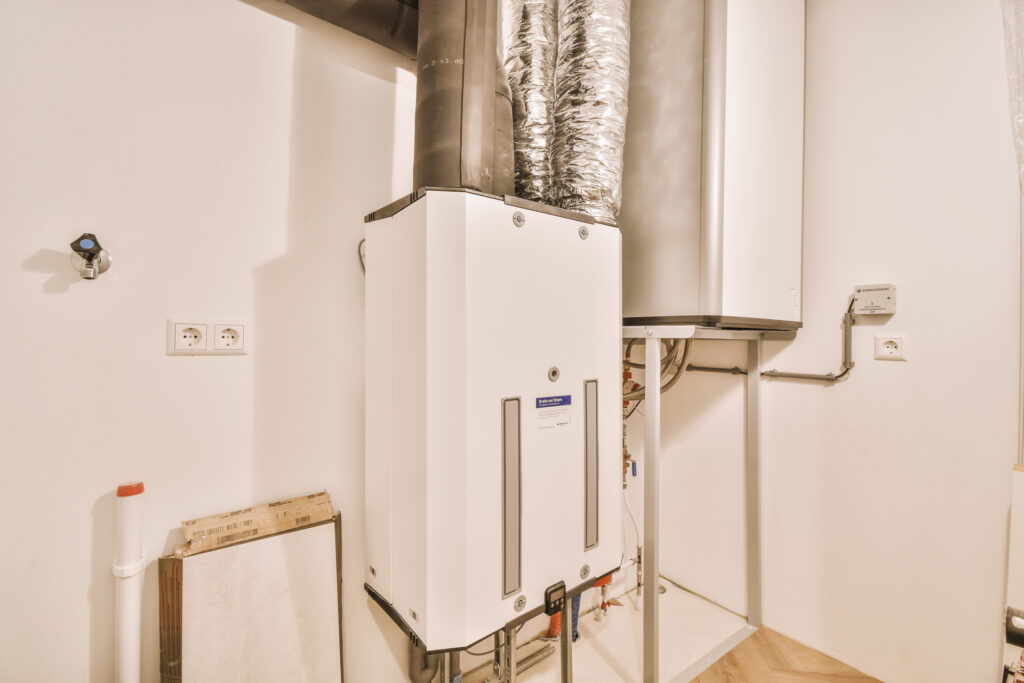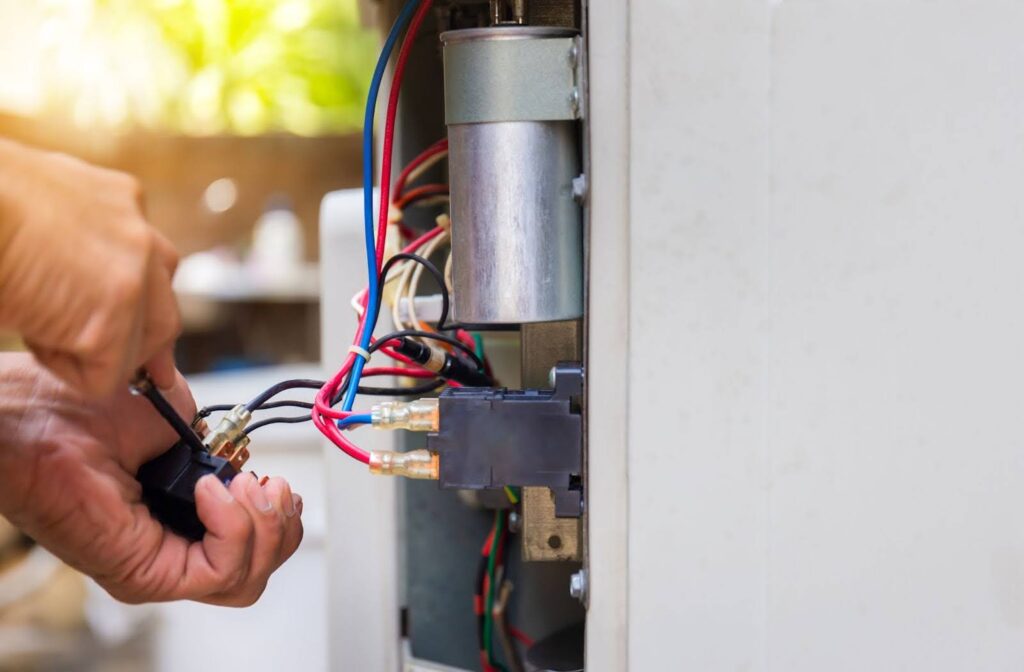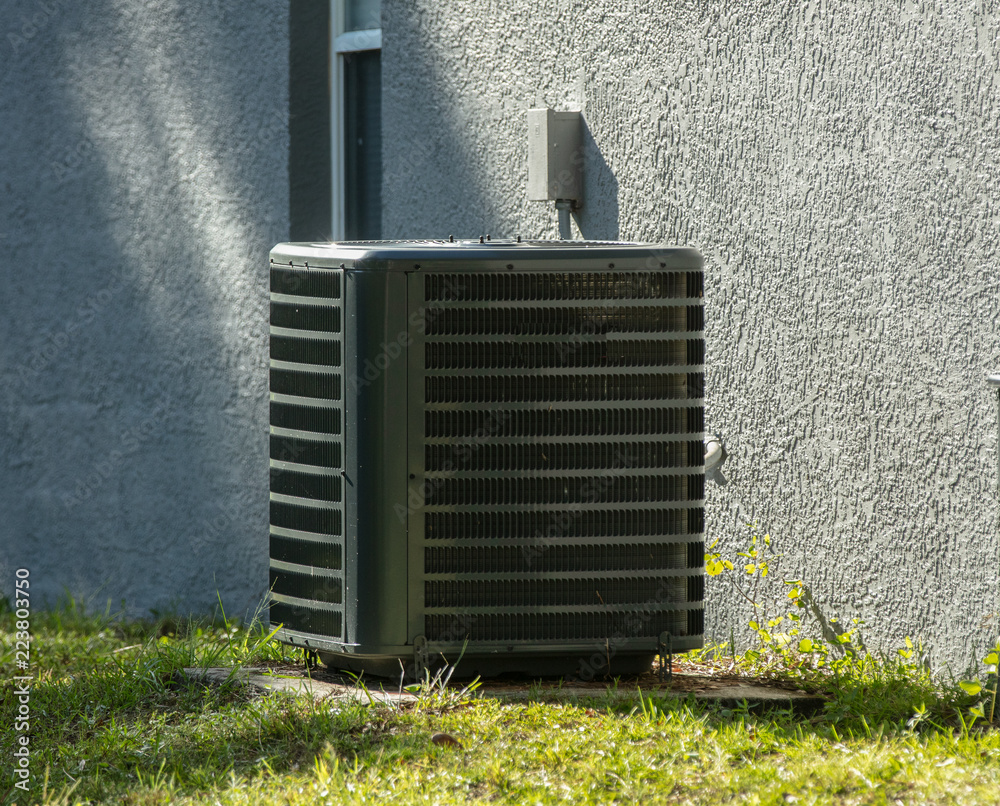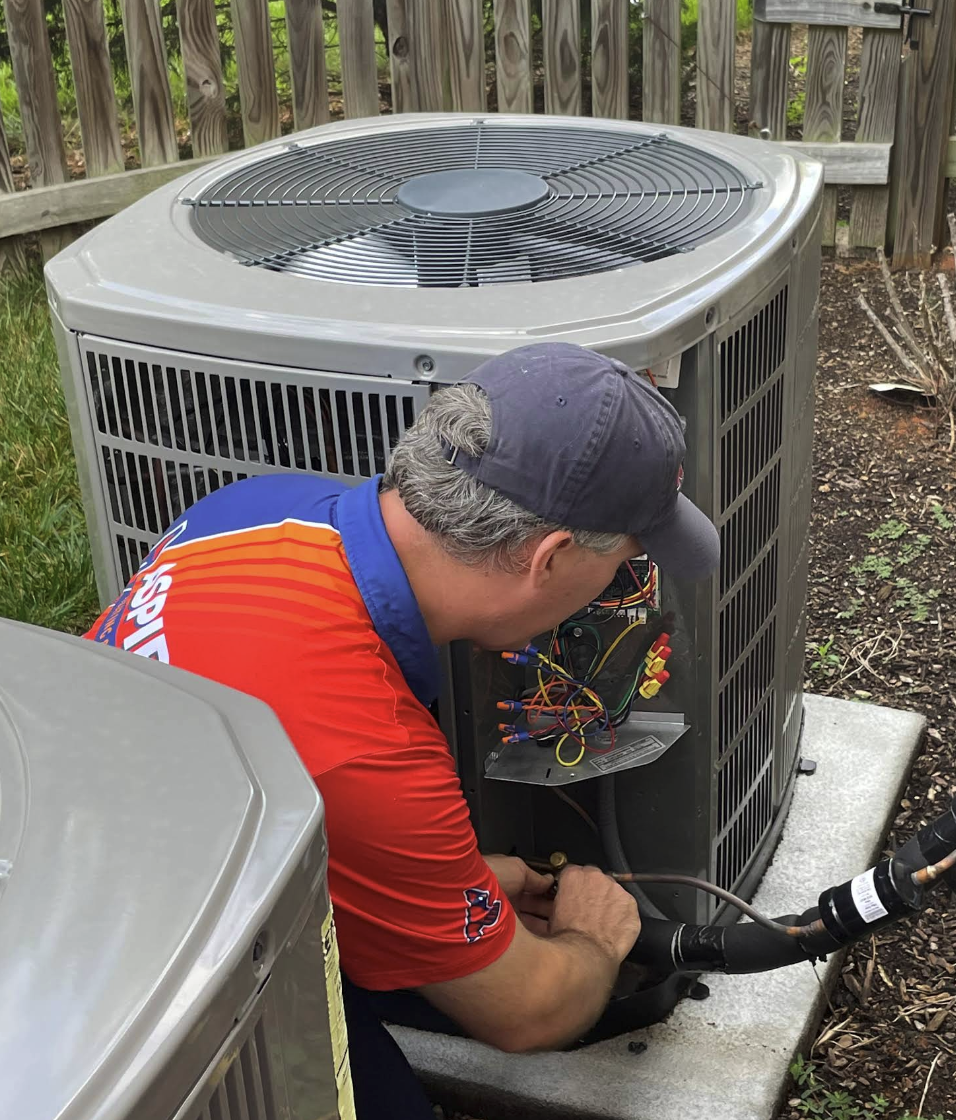Maintaining a comfortable indoor environment is essential, and a reliable HVAC system plays a vital role in achieving that. Yet, it’s natural to feel uncertain when dealing with a malfunctioning or aging system. The key question is, should you repair or invest in a new HVAC unit?
Below, we’ll examine important considerations, including system age, repair expenses, and potential energy savings.
The Age Factor: When System Longevity Becomes a Concern
Most HVAC systems have a typical lifespan of 10–12 years. After this period, even with routine maintenance, components can wear out more rapidly. Older systems often require frequent service calls and may struggle to keep up with the demands of modern energy efficiency standards. If your unit is nearing or has exceeded the 12-year mark, weigh the long-term expenditure of repairs against the advantages of a new, more efficient model.
In Winston-Salem and surrounding areas, older HVAC units simply can’t keep up with local seasonal conditions. Some families often invest in repeated repair services—only to face recurring breakdowns. By contrast, other families decide to replace their older systems and enjoy fewer maintenance issues and improved air quality.
These experiences can help you evaluate whether your own aging system is worth maintaining or is ready for an upgrade.
Repair Costs and Designing a Budget
Repair expenses are another critical aspect of this discussion. Many HVAC technicians suggest using the “50% rule”—if the cost of a single repair is at least half the price of new equipment, it might be more cost-effective to replace.
Minor fixes, like a worn belt or clogged filter, are generally worthwhile as affordable solutions. However, if you’re continually spending large sums to fix major components such as the compressor or heat exchanger, this could be an indication that the system is on borrowed time.
The decision to repair an older unit often hinges on short-term budgeting needs. Individuals who had multiple urgent home repairs might find it more practical to choose smaller HVAC fixes in the interim. Yet, they also might plan for a full replacement once their finances stabilize. This strategy can be a good path if the repair costs are modest and the system can still provide reasonable efficiency.
Energy Usage and Potential Savings
Another factor to consider is the energy efficiency of your current system. Heating and cooling account for about 48% of the energy usage in a typical U.S. household. Upgrading to a modern HVAC system with a higher Seasonal Energy Efficiency Ratio (SEER) rating can significantly reduce monthly energy bills. Over time, these savings may offset the upfront cost of a new system.
Some people may find that this reduction in monthly utility costs is enough to justify an equipment replacement sooner rather than later.
Comfort and Indoor Air Quality
Aside from cost, think about your heating and cooling needs. If your current system perpetually struggles to maintain consistent temperatures or if you notice significant humidity or air purity issues, then a replacement may serve you better. Modern HVAC systems come equipped with improved filtration and humidity control options, which can benefit individuals with allergies or respiratory conditions.
Investing in a new system addresses the frequent disruptions of repairs and can markedly improve overall indoor comfort.
Environmental Impact and Latest Technology
High-efficiency units generally adopt eco-friendly refrigerants and use less energy, contributing to reduced carbon footprints. While environmental benefits alone may not drive everyone’s decision, they can be a deciding factor for many homeowners seeking a greener lifestyle.
Moreover, newer systems often come with smart technology features, such as programmable thermostats that empower you to regulate temperatures more effectively, even remotely. This level of control can lead to more precise comfort settings and further energy reduction. If you value staying at the forefront of home technology, replacing your HVAC system could be a solid investment.
The Right Decision
When deciding whether to repair or replace your HVAC system, keep these considerations in mind:
- Age of the system and frequency of breakdowns
- Estimated repair costs versus installation expenses
- Potential energy savings with a newer, more efficient unit
- Comfort preferences and indoor air quality requirements
Weighing these factors carefully sets you up for an informed choice. If the repair is minor and the system still has ownership value for a few more seasons, it might be prudent to extend its life. On the other hand, if significant repairs add up to a sum close to the price of a newer system, replacement might be the best strategy in the long run.
The Next Steps
If you’re ready to explore your options further or wish to receive professional HVAC guidance tailored to your specific situation, please don’t hesitate to reach out to our team at Aspire Heating & Cooling. By taking the time to assess your needs thoroughly, you’ll be able to select the right HVAC path that ensures comfort and peace of mind for years to come.

